Constellation pilot program invites customers to source nuclear power

Constellation is launching a pilot program that allows its Washington, D.C., customers to purchase 100 percent nuclear energy for their homes.


Constellation is launching a pilot program that allows its Washington, D.C., customers to purchase 100 percent nuclear energy for their homes.
A new complaint filed by Constellation asks the Federal Energy Regulatory Commission to order the PJM Interconnection to provide rules for co-located generation to serve large facilities, such as data centers.
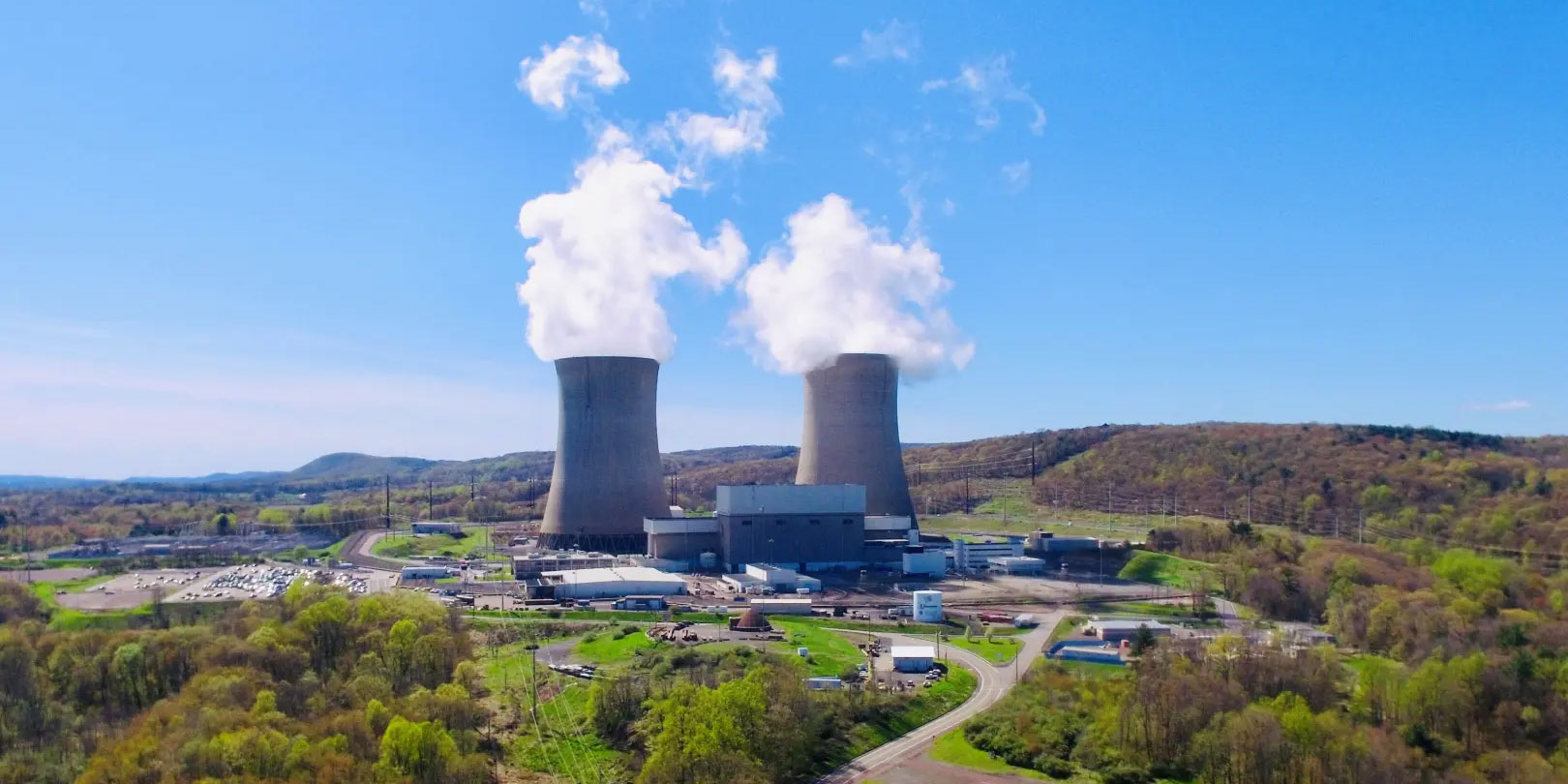
The Federal Energy Regulatory Commission has denied plans for Talen Energy to supply additional on-site power to an Amazon Web Services’ data center campus from the neighboring Susquehanna nuclear plant in Pennsylvania.
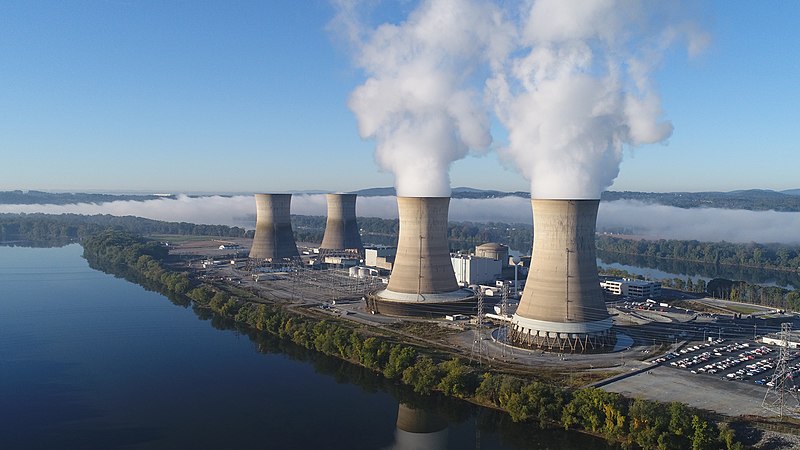
The pursuit of returning two of the country’s retired nuclear plants into service is not only unusual—it is unprecedented and promises to make history.
That’s according to a piece coauthored by former assistant secretary for nuclear energy Katy Huff in the Bulletin of the Atomic Scientists regarding plans from Holtec and Constellation to restart Michigan’s Palisades plant and Pennsylvania’s Three Mile Island Unit 1, respectively.

Tech giant Amazon announced Wednesday new partnerships with Dominion Energy and X-energy to develop and deploy 5 gigawatts of nuclear energy to power needs across the country over the next 15 years.
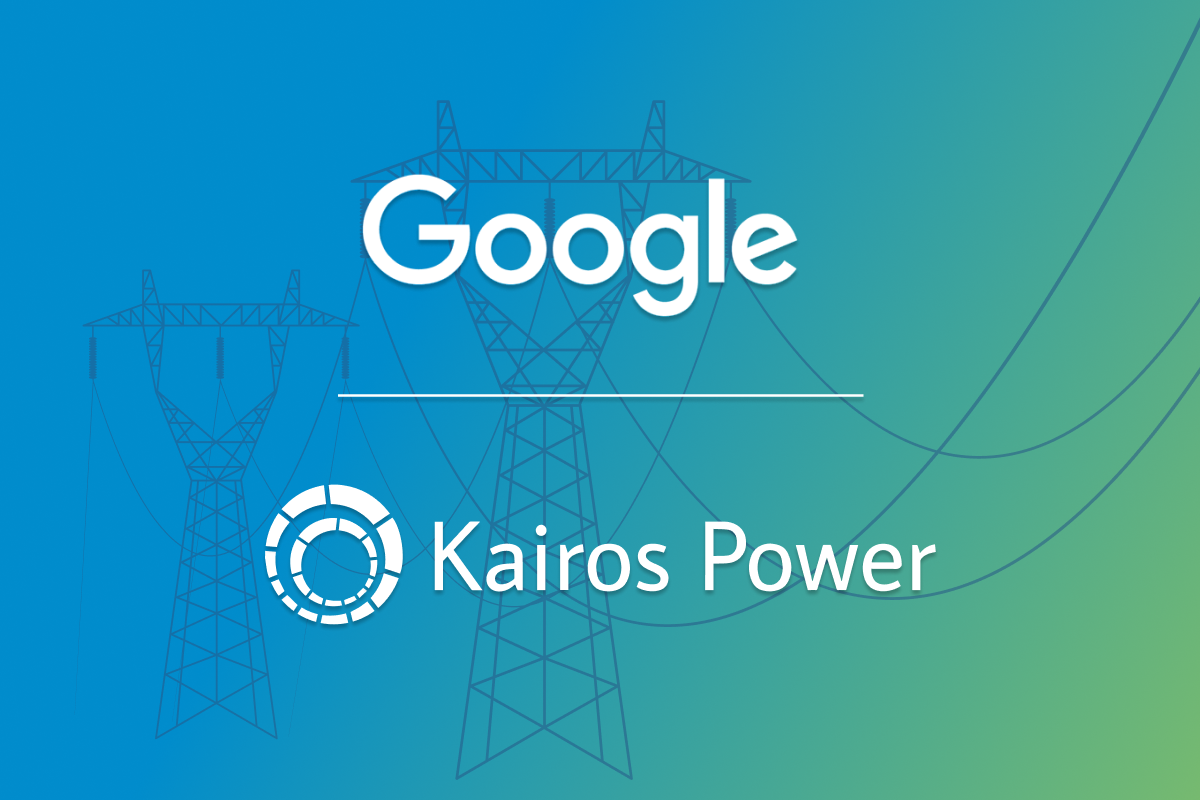
Kairos Power and Google announced over the weekend a new power purchase agreement to provide the tech giant with 500 megawatts of clean energy by 2035.
Under the agreement, California-based Kairos Power will develop, construct, and operate a series of advanced reactor plants and sell energy, ancillary services, and environmental benefits to Google. Plants will be sited in “relevant service territories” to supply clean electricity to Google data centers. The first reactor is planned to be deployed by 2030 to support Google’s 24/7 carbon-free energy and net-zero goals.
As evidenced by the well-attended Climate Week NYC, there is a growing awareness that nuclear energy must be incorporated into national energy strategies if net-zero goals are to be achieved. In recent years, green bonds have found solid footing in the world of energy finance. These eco-friendly issuances have evolved from supporting just wind and solar projects and are increasingly being used to power much-needed growth in the civil nuclear sector. Green bonds that have been issued over the past several years in Canada, France, Finland, and the United States are now being used to support investment in nuclear projects, from breathing new life into old reactors to in certain instances supporting nuclear new build projects. However, a question remains: Can this liquidity be deployed where and when it is needed most—to support ambitious new nuclear project buildouts?

Nuclear powerhouse Constellation announced today the signing of a 20-year power purchase agreement with Microsoft that will pave the way for the restart of Three Mile Island Unit 1—under a new name to honor Chris Crane, former chief executive of Exelon when Constellation was part of the larger company.
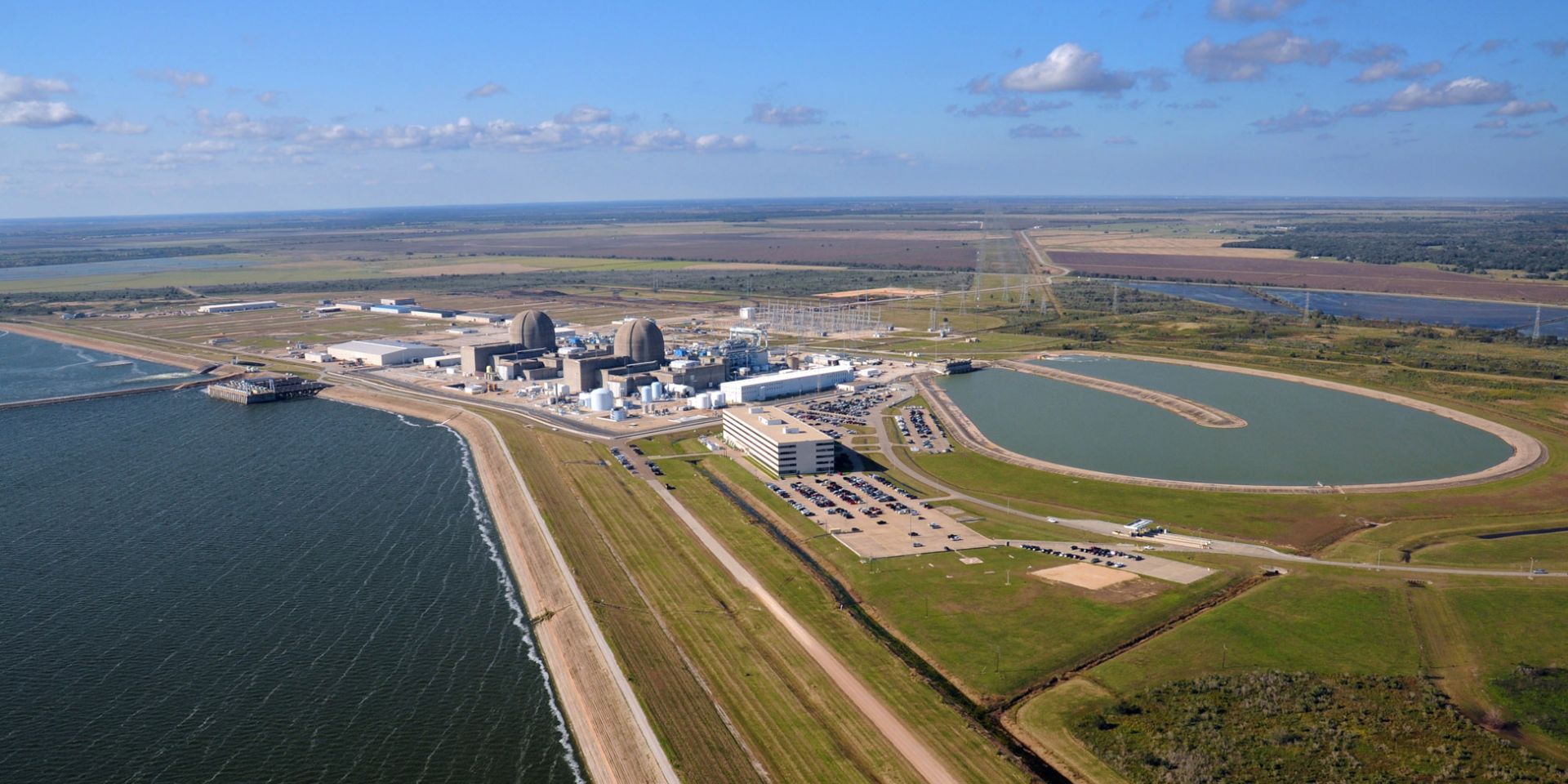
The U.S. Nuclear Regulatory Commission began a special inspection last week at South Texas Project nuclear power plant into two incidents at the site, which led to separate, unplanned shutdowns of both Units 1 and 2.
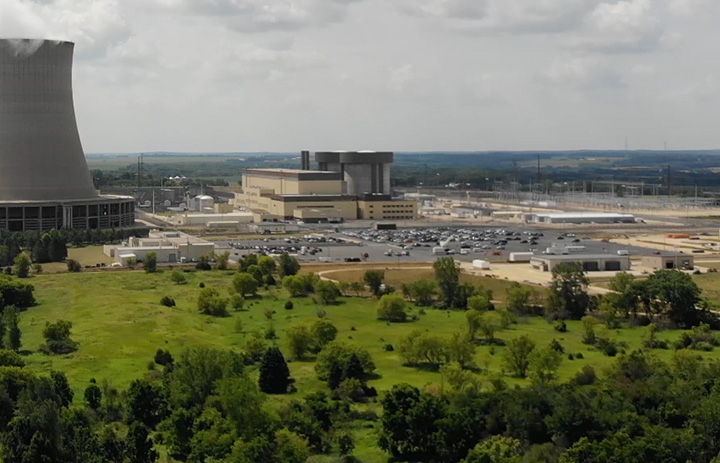
The Ogle County Board has approved a zoning change that designates 524 acres around the Byron nuclear power plant, located in northern Illinois, as industrial rather than agricultural.
The company has awarded nearly $6 million for STEM education and research programs since the program launched in 2010

Constellation is taking applications for its 2024 E2 Energy to Educate grant program, which provides funding for student projects focusing on energy innovation.
Educators and students in grades 6–12 can apply for program grants of up to $25,000, and those in two- and four-year colleges can apply for grants of up to $50,000.
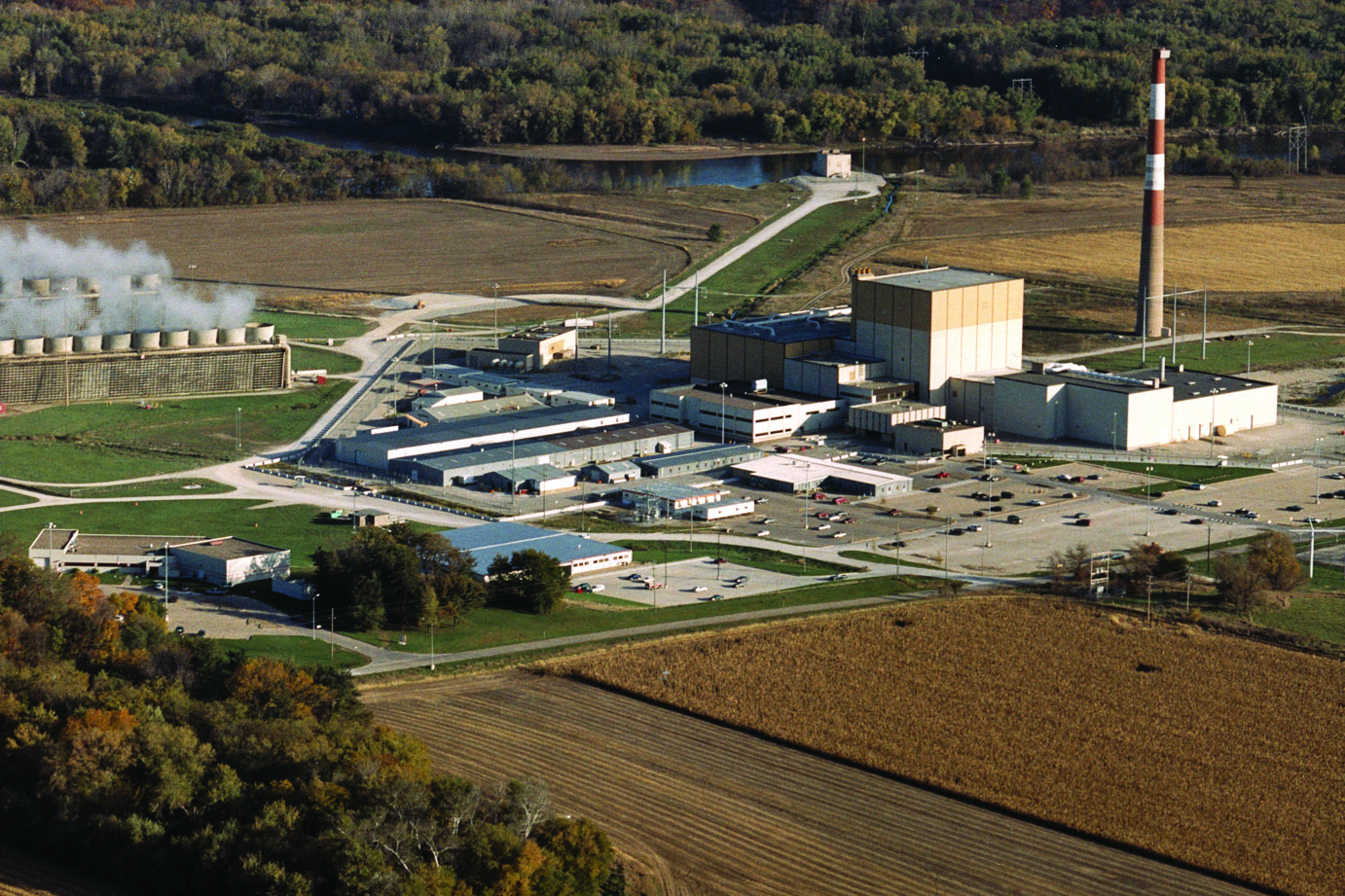
The Duane Arnold nuclear power plant in Iowa could see new life, according to NextEra Energy chief executive officer John Ketchum.
“There would be opportunities and a lot of demand from the market if we were able to do something with Duane Arnold,” Ketchum said on Wednesday this week during the company’s second-quarter earnings call.

While no development details have been released, Constellation is asking to rezone 658.8 acres of land it owns around the Byron nuclear plant in Illinois for possible long-term use.

Constellation Energy is in talks with the governor’s office and state legislators about funding to restart a unit at Three Mile Island nuclear plant, Reuters has reported. The ongoing talks have been described as “beyond preliminary” by two sources.

Industry leaders met this week to discuss the importance of shoring up nontraditional workforce pipelines to support growth in nuclear energy generation in the coming decades.
An executive panel discussed this issue last week at the American Nuclear Society’s 2024 Annual Conference in Las Vegas The industry is working to target community colleges, trade schools, vocational programs, nontraditional students, and a wider variety of educational backgrounds.
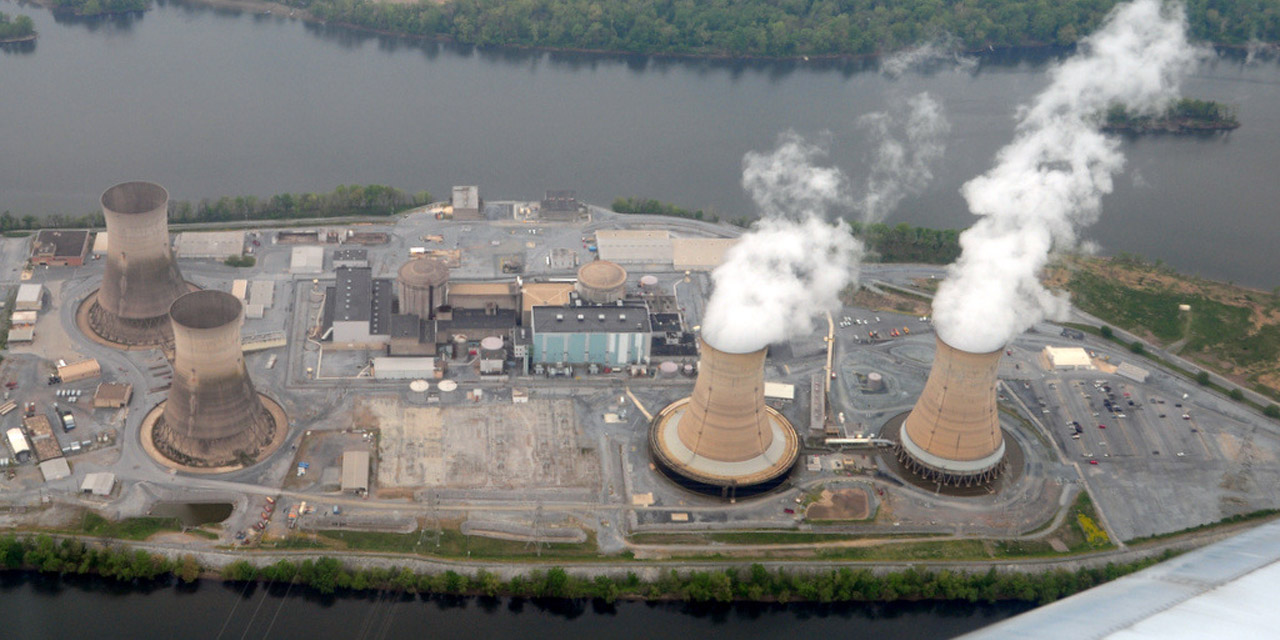
On the company’s earnings call this month, Constellation CEO Joe Dominguez was asked if there is a possibility of restarting the shuttered Three Mile Island plant—as is being proposed for the Palisades nuclear plant in Michigan.
“We’re not unaware that opportunity exists for us,” Dominguez said. “We’re obviously seen what’s happened with Palisades and I think that was brilliant. Brilliant for the nation. … We are doing a good bit of thinking about a number of different opportunities, and that would probably certainly be one of those that we would think about.”
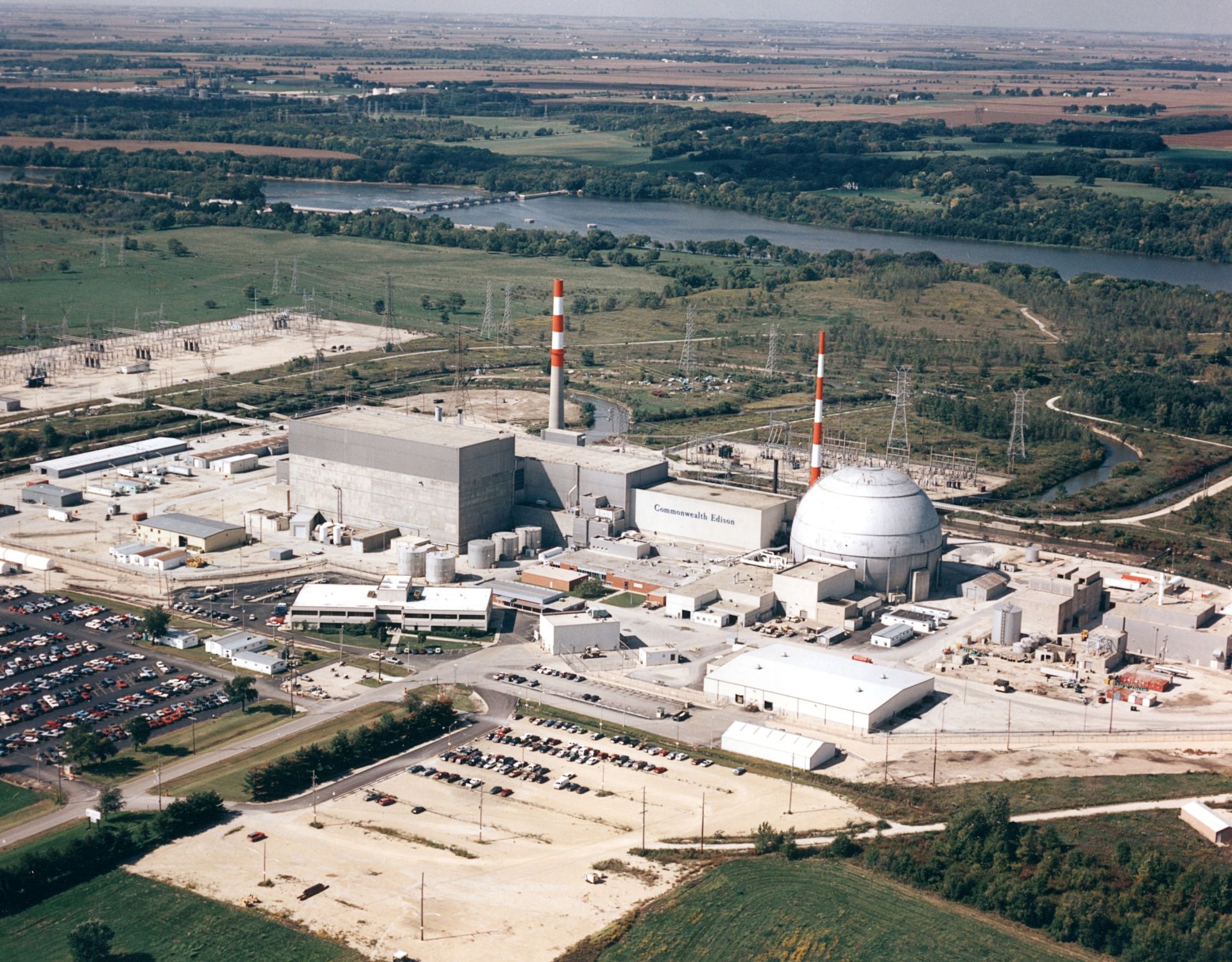
Constellation Energy has filed with the Nuclear Regulatory Commission for a subsequent license renewal for its Dresden nuclear power plant in Illinois. The extension would allow Dresden to run through 2051.
The filing begins a comprehensive, multiyear review by the NRC. Unit 2 is currently licensed to operate through 2029 and Unit 3 through 2031. The facility’s license was first renewed by the NRC in 2004.
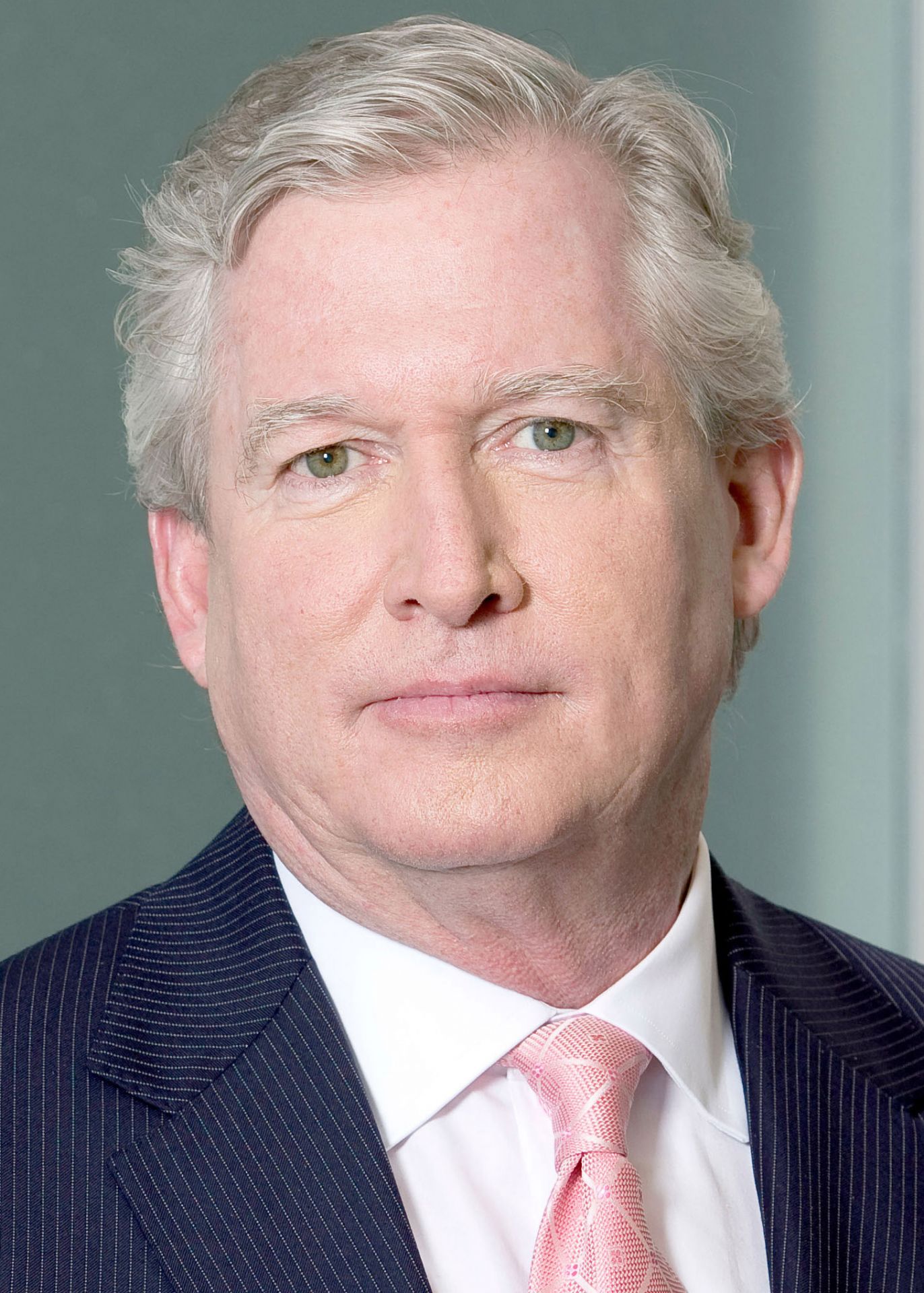
Crane
Exelon announced that Chris Crane, the company’s former chief executive, passed away on Saturday in Chicago at the age of 65.
Crane served as the company’s president and CEO from 2012 until his retirement in December 2022. During his tenure, he steered the energy company through several transformational milestones, including the successful mergers with Constellation Energy in 2012 and Pepco Holdings in 2016, creating the largest utility business by customer count in the United States.
In 2022, with the spin-off of Constellation as the generation and retail side of energy business (with the largest U.S. nuclear fleet), Crane led the creation of a stand-alone transmission and delivery energy company.

Ken Petersen
president@ans.org
Nuclear has been on a good roll lately and it is getting better. The 2022 Inflation Reduction Act (IRA) provides a nuclear power production tax credit. This has stopped the early retirement of deregulated units. The IRA also provides a benefit for the clean production of hydrogen. Many utilities have committed to a net-zero goal by 2050. Duke and other utilities have plans to transition coal plants to nuclear with small modular reactors.
And now, nuclear has a new supporter—tech companies.
The big U.S. utility companies (like Exelon, Duke, Dominion, Southern, and Entergy) are all projecting growth in electricity demand—primarily in the commercial sector but some residential growth is also expected. Commercial growth is being driven by new factories (thank you, IRA and CHIPS, that is, the Creating Helpful Incentives to Produce Semiconductors and Science Act). It is also being driven by data centers.
In a bid to generate up to $900 million in additional funding for nuclear energy projects, Constellation Energy announced this week that it will issue corporate green bonds in the United States.